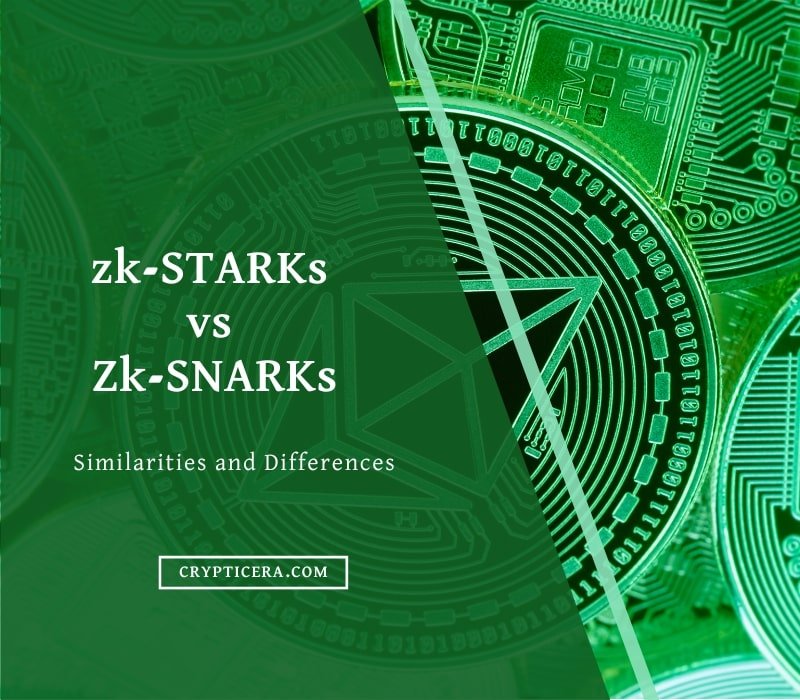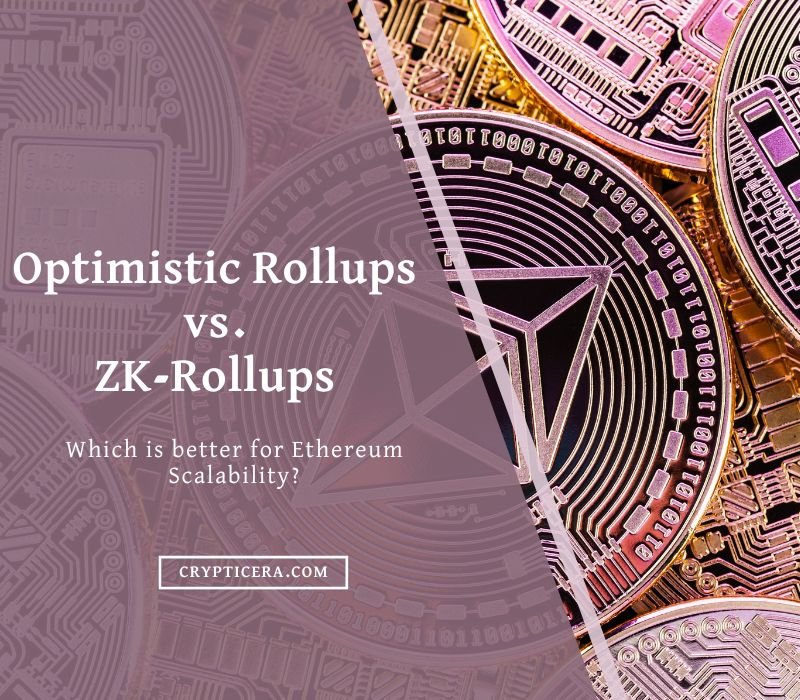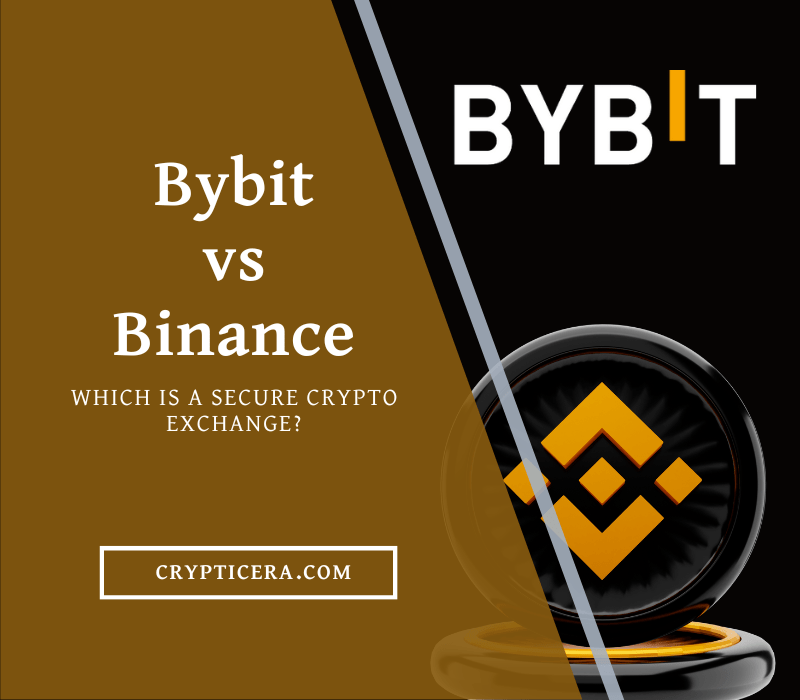Cryptocurrency is an ever-growing market, with new digital currencies being introduced every day. Bitcoin and XRP are two of the most prominent names in the market.
Bitcoin, introduced in 2009, was the first cryptocurrency and has since gained significant popularity. XRP, launched in 2012, is another well-known payment cryptocurrency. Both Bitcoin and XRP operate on a distributed ledger technology called blockchain, but they have unique features that set them apart.
In this article, we will explore the key differences, similarities, pros and cons, use cases, and market trends of “Bitcoin vs XRP” to provide a comprehensive comparison of these two cryptocurrencies.
Bitcoin vs XRP: Key Differences
| Key Points | Bitcoin (BTC) | Ripple (XRP) |
|---|---|---|
| Launch Year | 2009 | 2012 |
| Blockchain Technology | Yes | Yes |
| Purpose | Digital Currency | Digital Asset & Payment Network |
| Transaction Speed | 7 TPS | 1500 TPS |
| Block time | 10 min | 3-5 sec |
| Scalability | Limited | High |
| Supply Limit | 21 million | 100 billion |
| Consensus Algorithm | Proof of Work (PoW) | Ripple Protocol Consensus Algorithm (RPCA) |
| Use Case | Store of Value, Medium of Exchange | Cross-border payments, Remittances |
| Decentralization | Highly Decentralized | More Centralized (Ripple controls the majority of XRP) |
| Market Capitalization | $580 billion | $ 30 Billion |
| Adoption | Widely adopted | Increasing adoption in financial institutions |
What is Bitcoin [BTC]?

Bitcoin is a decentralized digital currency that’s powered by a revolutionary technology called a blockchain. It’s like digital gold, but with superpowers.
Imagine if you could hold a piece of gold that you can send across the world in seconds, without needing a middleman like a bank. That’s Bitcoin!
Here’s the really cool part: Bitcoin transactions are verified and recorded on the blockchain, which is like a digital ledger that’s open for anyone to see. This makes Bitcoin transparent and secure because every transaction is checked and approved by the network before it’s added to the blockchain.
But what makes Bitcoin truly unique is its ability to be “mined.” Mining is like solving a complex puzzle that requires a lot of computing power.
Miners compete to solve this puzzle, and the first one to do it gets rewarded with new Bitcoins. This process not only creates new Bitcoins but also helps secure the network and keep it running smoothly.
Read: Bitcoin and its Working: The Beginner’s Guide
What is XRP [Ripple]?

XRP, on the other hand, is a digital currency developed by Ripple, a technology company that aims to facilitate cross-border payments.
XRP is like a digital currency that acts as a bridge between different forms of money, just like how you would use a beach ball to pass snacks and drinks between your friends at a beach party.
It’s designed to be fast, secure, and efficient, allowing you to quickly exchange value with anyone, anywhere in the world, without the need for a traditional bank or ATM.
Ripple, the company behind XRP, has established numerous partnerships with financial institutions and payment providers, potentially increasing its adoption in the financial industry.
Read: Ripple (XRP) Full Guide
Comparison of Bitcoin and XRP
Bitcoin and XRP have several differences that set them apart. Here are some key points of comparison:
Key Differences
- Supply: Bitcoin has a limited supply of 21 million coins, while XRP has a total supply of 100 billion coins.
- Mining: Bitcoin is mined through a process that requires powerful computing resources, while XRP is not mined and all coins were pre-mined by Ripple Labs.
- Transaction Speed: XRP transactions are faster, with an average confirmation time of 3-5 seconds, compared to Bitcoin’s confirmation time of around 10 minutes.
- Transaction Cost: XRP transactions are generally cheaper, with lower transaction fees compared to Bitcoin (between $0.5 – $3.5).
- Use Case: Bitcoin has primarily been used as a digital store of value and speculative investment, while XRP is designed for cross-border payments and settlement.
Similarities
Despite their differences, Bitcoin and XRP also share some similarities. Here are a few points of similarity:
- Decentralization: Both Bitcoin and XRP are decentralized, meaning they do not rely on a central authority for transaction validation. However, XRP’s Governance is centralized.
- Transparency: Transactions on both Bitcoin and XRP blockchains are transparent and can be traced on the public ledger.
- Volatility: Both Bitcoin and XRP are known for their price volatility, which makes them attractive to traders and investors.
Bitcoin vs XRP: Network Security
Bitcoin and XRP use different methods to secure their networks. Bitcoin relies on Proof of Work (PoW), where miners compete to validate transactions and add blocks to the blockchain by solving complex puzzles. This process is resource-intensive and time-consuming.
In contrast, XRP uses the Ripple Protocol Consensus Algorithm (RPCA), a distributed consensus algorithm where a select group of validators chosen by Ripple collectively agree on the order and validity of transactions.
Related: How does Bitcoin mining Work?
Bitcoin vs XRP: Market Capitalization and Value
Bitcoin, being the first cryptocurrency and having gained widespread adoption, has a significantly higher market capitalization compared to XRP.
As of the time of writing, the market capitalization of Bitcoin is over $590 billion, while the market capitalization of XRP is around $30 billion.
This reflects the dominance of Bitcoin in the cryptocurrency market and its higher value proposition as a store of value and investment asset.
Bitcoin is often considered a digital gold, with many investors seeing it as a hedge against inflation and a safe haven asset. Its limited supply is capped at 21 million BTC tokens.
XRP is primarily used for cross-border payments and remittances, with its value proposition lies in its fast transaction times and low transaction fees. It is designed to bridge different currencies and facilitate efficient and cost-effective international transfers.
Bitcoin vs XRP: Regulatory Environment
The regulatory landscape surrounding Bitcoin and XRP also differs. Bitcoin, being the first cryptocurrency, has faced various regulatory challenges in different jurisdictions around the world.
Some countries have banned or restricted the use of Bitcoin, while others have implemented regulatory frameworks to govern its use. This regulatory uncertainty can impact the adoption and use of Bitcoin in different regions.
XRP, on the other hand, has faced its own regulatory challenges. In December 2020, the U.S. Securities and Exchange Commission (SEC) filed a lawsuit against Ripple Labs, alleging that XRP was an unregistered security.
This legal battle has created uncertainty around the regulatory status of XRP and has resulted in some exchanges delisting or suspending trading of XRP. The outcome of this lawsuit could have significant implications for the future of XRP and its adoption in the financial industry.
Bitcoin and XRP: Community & Ecosystem
The Bitcoin community is known for its strong support for decentralization, privacy, and financial sovereignty.
It has a large and diverse ecosystem of developers, miners, merchants, and users who are actively involved in the development and governance of the Bitcoin network.
XRP has a more focused community that is primarily centered around the financial industry.
Future Outlook
As Bitcoin and XRP continue to evolve, their future outlooks may be shaped by various factors, including market dynamics, regulatory developments, technological advancements, and community support.
Both Bitcoin and XRP have shown resilience and longevity in the cryptocurrency market, and they are likely to continue to play significant roles in the digital currency landscape.
Bitcoin’s dominant market position and widespread adoption make it a formidable player in the cryptocurrency market. Its limited supply and increasing institutional interest may drive its price higher in the future.
As the regulatory uncertainty surrounding XRP gets resolved, and if Ripple successfully defends against the SEC lawsuit, XRP may gain more adoption in the financial industry.
Real-World Use Cases of Bitcoin and Ripple
Use Cases of Bitcoin
Bitcoin has found various use cases beyond its role as a digital store of value and speculative investment.
- Remittances: Bitcoin can be used for remittances, allowing users to send money across borders with lower fees compared to traditional remittance methods.
- Hedge against inflation: Due to its capped supply and potential for value preservation, some investors consider Bitcoin as a hedge against inflation and currency devaluation.
- Diversification of investment portfolio: BTC is considered an alternative investment that provides diversification to traditional investment portfolios.
- Microtransactions: It can be used for microtransactions, allowing users to make small payments for digital content, services, and products. Bitcoin Lightning network is one of the best examples.
Use Cases of XRP
XRP, with its focus on cross-border payments, has found various use cases in the financial industry.
- Liquidity management: XRP can be used by financial institutions for liquidity management, facilitating efficient fund transfers and reducing liquidity risks.
- Payment processing: It can be used as a form of payment processing for merchants and businesses, allowing for faster and cheaper transactions compared to traditional payment methods.
- Decentralized finance (DeFi): XRP can be used in DeFi applications, such as lending, borrowing, and staking, as it provides a decentralized and efficient means of value transfer.
Final Thoughts: Which Should You Choose?
Bitcoin vs XRP, Both stand as two highly favored cryptocurrencies, each presenting distinctive attributes and employment prospects.
Bitcoin is renowned for its exceptional function as a digital reservoir of monetary worth, capable of serving as a hedge in opposition to inflationary movements.
Meanwhile, XRP lays emphasis on facilitating transnational payments, culminating in the establishment of well-grounded partnerships with fiscal organizations.
The duo of digital currencies is not without its strengths and flaws, with predicaments revolving around the subjects of unpredictability, expansion capacity, regulatory hindrances, and centralization-related qualms.
Related:


